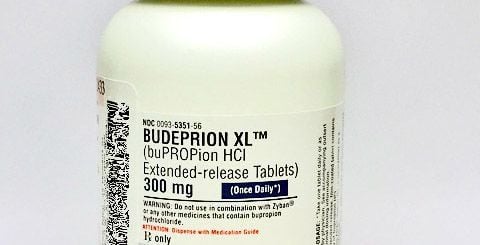This is an automatically translated article.
Food addiction is gradually spreading in a society with an abundant food supply. This type of eating disorder can be detected through the negative effects of food on your lifestyle. The disease can be treated according to the advice of health professionals.
1. Signs of food addiction
Researchers at Yale University have developed a questionnaire to identify people with food addiction.
Here are some sample questions that can help determine if you have an eating disorder:
Are you eating more than you intended? Continue to eat even when no longer hungry? Do you eat to the point of feeling nauseous? Worried about cutting down on certain foods? Trying to buy certain foods when they are not available in the house? Questions regarding the relationship between food and your personal life are expressed in the following situations:
Eat certain foods so often or in such large amounts that you choose to eat instead of working, leisure, spending time with family. Avoid places where food is available for fear of overeating. Food affects the quality of work or study. Question regarding psychological withdrawal symptoms. For example, when you cut down on certain foods (excluding caffeinated beverages) you have symptoms such as:
Anxiety Agitation Other physical symptoms Questions regarding the effects of these food decisions for your emotions:
Eat food when experiencing problems such as depression, anxiety, guilt. The frequency of eating is increased to reduce negative emotions or increase feelings of well-being. Eating the same amount of food doesn't reduce negative emotions or increase feelings of happiness as it did before.

Nghiện ăn có thể là dấu hiệu của bệnh lý
2. Treatment of food addiction
Scientists are still working to understand and find treatments for food addiction.
Some people think that recovering from an eating addiction can be more complicated than recovering from other forms of addiction. For example, alcoholics may eventually abstain from drinking, but food addicts still have to eat.
A dietitian, psychologist, or doctor trained in binge eating can help you treat your addiction.
Food addiction support programs like Food Addicts in Recovery Anonymous and Food Addicts Anonymous contain 12 steps, along with a strict diet, that can help.

Khi bị nghiện ăn bạn nên đến gặp bác sĩ để được tư vấn
3. Mechanism of addictive eating
Tasty foods (high in sugar, fat, salt) activate dopamine (the pleasure center in the brain). When the feeling of comfort while eating is saved can stimulate cravings.
Additionally, food reward cues can override satiety and satiety cues. As a result, some people continue to eat even when they are full, leading to a loss of control over their eating behaviour.
People with signs of food addiction may overeat over time. They eat as much to satisfy the feeling that food gives.
Food addiction may be related to obesity. This is not to say that the average person copes better with binge eating. Maybe they simply have a better body to process calories or exercise regularly to limit their risk of obesity.
Food addiction can leave a significant impact on health, increasing the risk of obesity and making it difficult to control eating behavior. Therefore, you should maintain a moderate diet, enough for your body's needs, if necessary, you can seek the advice of health professionals, they will help you improve symptoms of food addiction and self-esteem. Help you get the right nutrition.

Nghiện ăn có thể liên quan đến bệnh béo phì
With many years of experience in the examination and treatment of diseases, now Vinmec International General Hospital has become one of the major health care centers, capable of examining, screening and treating diseases. treat many serious diseases. Therefore, if you have problems with eating behavior, addiction, etc., you can go to Vinmec International General Hospital to visit and receive support and advice from doctors and experts. experts.
Please dial HOTLINE for more information or register for an appointment HERE. Download MyVinmec app to make appointments faster and to manage your bookings easily.
Reference source: webmd.com













